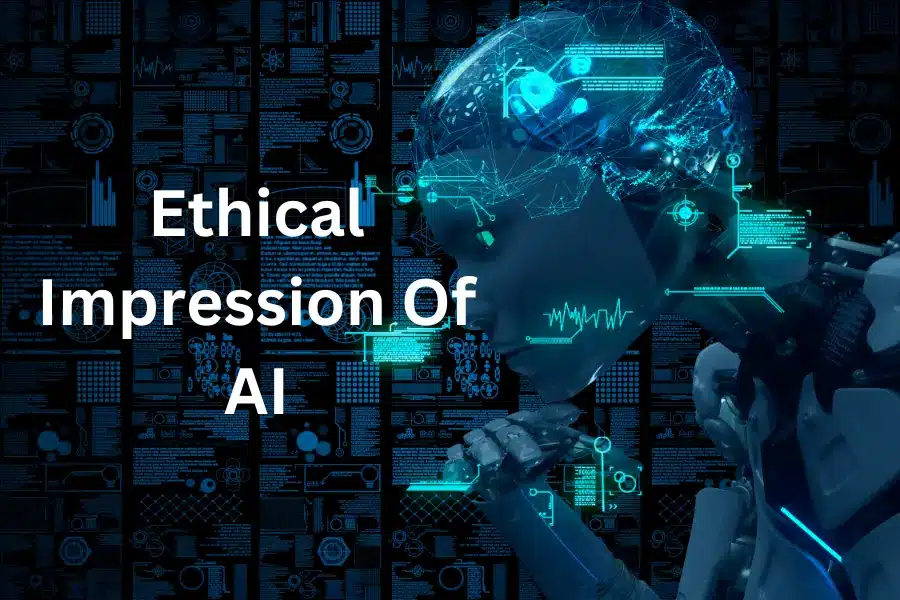The recent talks of AI and ethics have raised the question of what happens if AI goes rogue. Humans must find ways to use AI judiciously and in the right manner to prevent widespread exploitation.
The Ethical Implications of AI: What Every Data Scientist Needs to Know
We cannot let AI go rogue and become a threat. Many industries, from tech to hospitals, use the latest AI technologies, from facial recognition to industry-based software. However, it is unclear how these technologies will affect humans.
People who love Maths and playing with numbers will find great interest in Machine Learning. The field is all about calculating the possibilities in the future. It is about precision and possible outcomes. An ML engineer can find practical applications for complex maths equations through the lessons in the Machine Learning course.
They can use configurations and calculations to solve economic problems, identify criminals, assess business performance analytics, and more. So where does machine learning start, and where does human function end? What should be the ethical obligations of the AI creators?
How to Minimise the Possible Dangers of AI
The first step must be to have an education about AI. We need to know how it is developing and how we can leverage it so that it continues to help man. We cannot let it take control of humankind. The best thing to do is eliminate biases found in AI to minimise discrimination. People should also create laws that regulate how society uses AI.
How to Ethically Use AI
When it comes to ethically using AI in the machine learning course, there are a few things one needs to bear in mind. A person can never use AI content to mislead or manipulate people in any way. AI creators must have tools to combat such malpractices. The developers should create the AI content with security and privacy in mind. The scientist must be transparent about the use of AI content, as it will help people to make informed decisions.
The Need to Care About AI Ethics
The AI world is rapidly expanding. It mimics human actions perfectly and is therefore posing a challenge to humans. Big tech companies are researching the possibilities of AI. A tech scientist, who has done a Machine Learning course, is also looking out for the risks of AI. These scientists are raising some valid questions- do the changes in the system affect human behaviour? If yes, then how? Also, can it tell the truth? Is the system discrimination-proof? Will it harm humans?
The Ethics
Technology needs to have set principles to build a better future for civilization. It stands for human rights and defends them. It vouches for the following:
- Access Rights: It is a right for human beings to have access to the empowering and modern technology
- Accountability: the AI provides transparency for the responsibility of the decisions taken by the technology
- Freedom: technological advancement must not threaten the quality of life globally.
- Digital Rights: Technology protects intellectual property, privacy rights and personality.
- Security: ensure information security to protect emotional, psychological, digital, and intellectual safety.
- Terms of Service: New technology must obey government laws.
Drawbacks of Not Addressing the Ethical Issues
In a machine learning course, the engineers learn to address ethical issues when planning and carrying out AI projects. Failure to do so wastes time and money. The company’s AI strategy needs to consider how the AI they make will pose ethical risks they can avoid. How much time would they need to devote to a regulatory investigation?
There are quite a few questions that remain unanswered with the rapid growth and use of AI. Understanding the ethical implications will ensure that the technology is used for growth and development.




![F95Zone Games - The Ultimate Guide for 2021 [F95Z Guide] 5 F95Zone Games](https://knowworldnow.com/wp-content/uploads/2021/07/ArTtW5LrK3b-z-0-y-637f48d86203817a9042a857.webp)